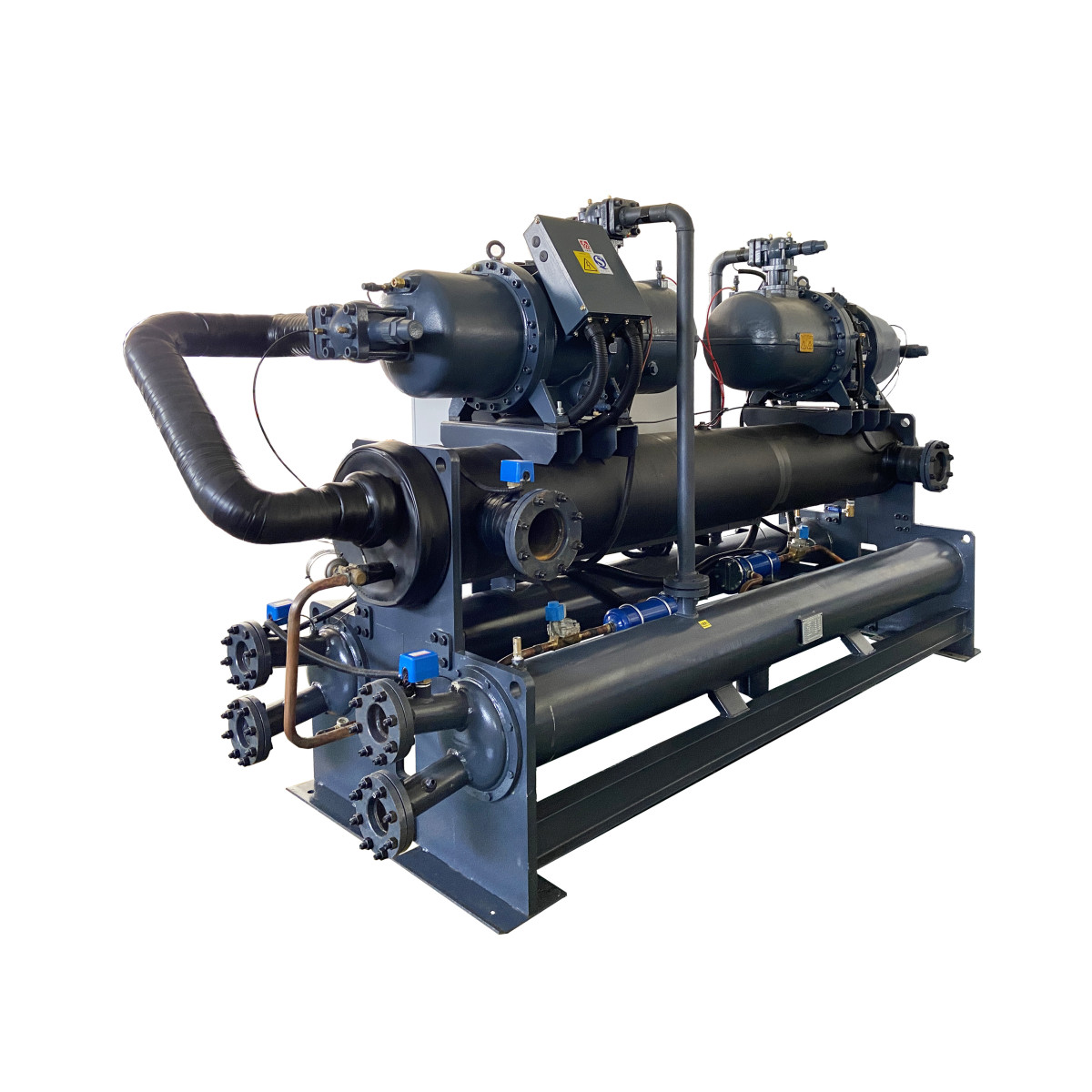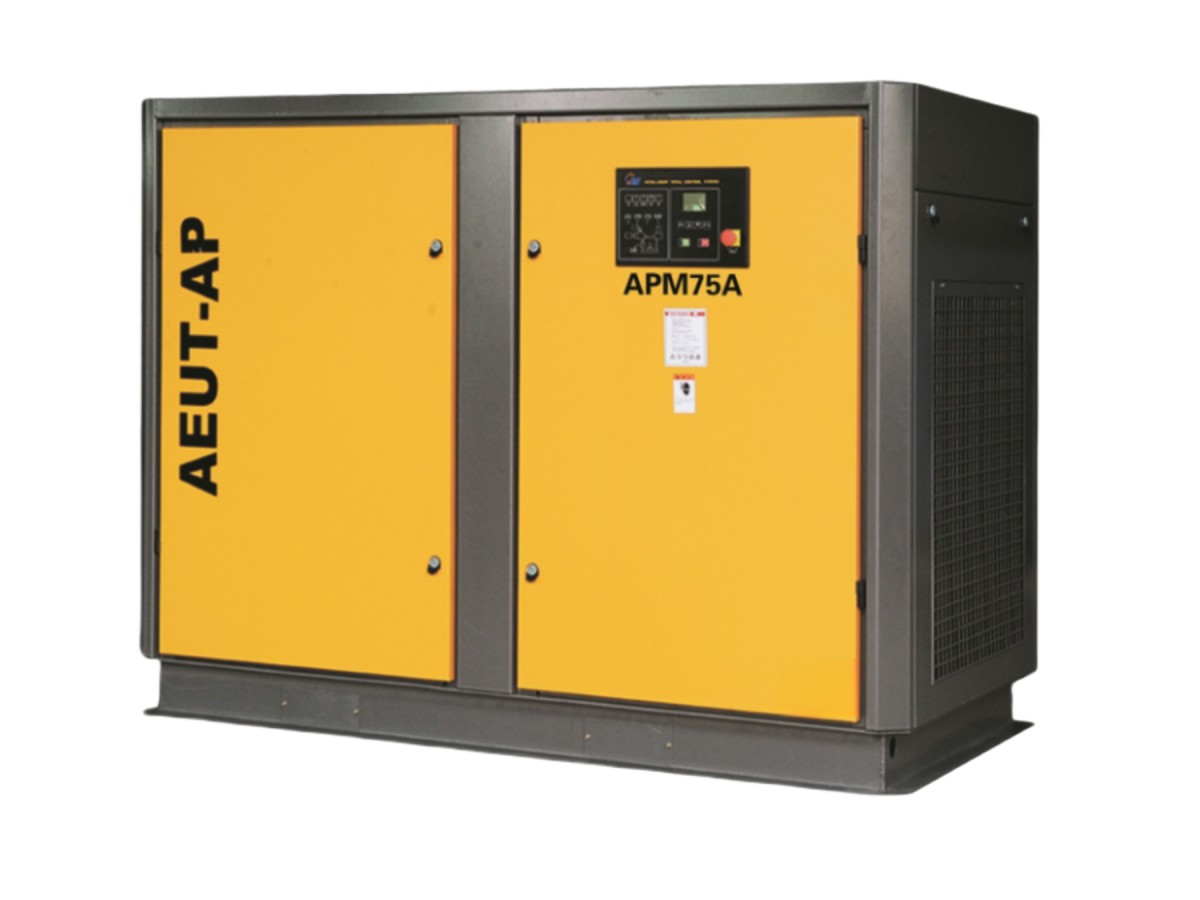1.Low-Temperature Water Chillers: Precision Cooling for Chemical Processes
Low-temperature water chillers (operating below 0°C) are engineered to handle demanding cooling tasks in chemical production, where precise temperature control is non-negotiable.
Reactor Cooling:
Exothermic chemical reactions generate intense heat. Chillers rapidly remove excess heat from reactors to prevent runaway reactions, ensuring safety and maintaining reaction kinetics for consistent product yields.
Crystallization and Distillation:
Chillers provide sub-zero cooling to control crystallization rates in pharmaceutical intermediates or fine chemicals. In distillation, they condense volatile compounds efficiently, improving separation purity.
Polymer Production:
For processes like polymerization, chillers stabilize temperatures to regulate molecular weight distribution, critical for plastics, resins, and synthetic fiber quality.
Corrosion Resistance:
Industrial-grade chillers use stainless steel, titanium, or coated components to withstand corrosive chemicals like acids, alkalis, and solvents.
Energy Efficiency:
Advanced chillers with variable-speed compressors and heat recovery systems reduce energy consumption by up to 40%, aligning with sustainability goals.
2. Air Compressors: Powering Safe and Efficient Operations
Air compressors in the chemical industry must meet stringent safety and reliability standards due to hazardous environments.
Instrument Air Systems:
Oil-free compressors supply clean, dry air to control valves, actuators, and analytical instruments, ensuring precise process automation in corrosive or explosive atmospheres.
Pneumatic Conveying:
Compressed air transports powders, granules, and hazardous materials through pipelines, minimizing manual handling risks. Explosion-proof compressors are essential for combustible dust environments.
Gas Compression:
High-pressure compressors handle process gases like nitrogen, hydrogen, or chlorine for chemical synthesis, storage, or pipeline transportation.
Safety Compliance:
Compressors designed with ATEX or IECEx certifications operate safely in explosive atmospheres (Zone 1/Zone 2), while corrosion-resistant materials extend equipment lifespan in aggressive environments.
3. Synergy Between Low-Temperature Chillers and Air Compressors
Integrated systems enhance chemical plant performance:
Chillers cool compressed air after intercoolers in multi-stage compressors, improving efficiency and reducing moisture in air streams.
In cryogenic applications, chillers pre-cool gases before liquefaction, while compressors handle high-pressure gas transfer.
4. Key Advantages for the Chemical Industry
Process Stability:
Precise temperature control and reliable air supply minimize batch variations and downtime.
Safety:
Explosion-proof compressors and corrosion-resistant chillers reduce risks of leaks, fires, or equipment failure.
Regulatory Compliance:
Equipment adhering to ASME, PED, or API standards ensures alignment with global safety regulations.
Cost Savings:
Energy-efficient designs and low-maintenance components cut operational expenses over the long term.
Conclusion
In the high-stakes chemical industry, low-temperature water chillers and air compressors are vital for safe, efficient, and compliant operations. Chillers deliver critical cooling for reactions and separations, while compressors power automation and material handling in corrosive or explosive environments. By investing in advanced, durable equipment, chemical manufacturers achieve higher productivity, reduced risks, and adherence to global safety standards—key factors in maintaining competitiveness and operational excellence.
If you want to buy a high-quality low temperature industrial chillers and air compressors for your process line in China,
Are you looking for a reliable low temperature industrial chillers and air compressors supplier to support your business,
Please contact DARKO sales representative to custom cooling system and compressed air solution suitable for your applications.


